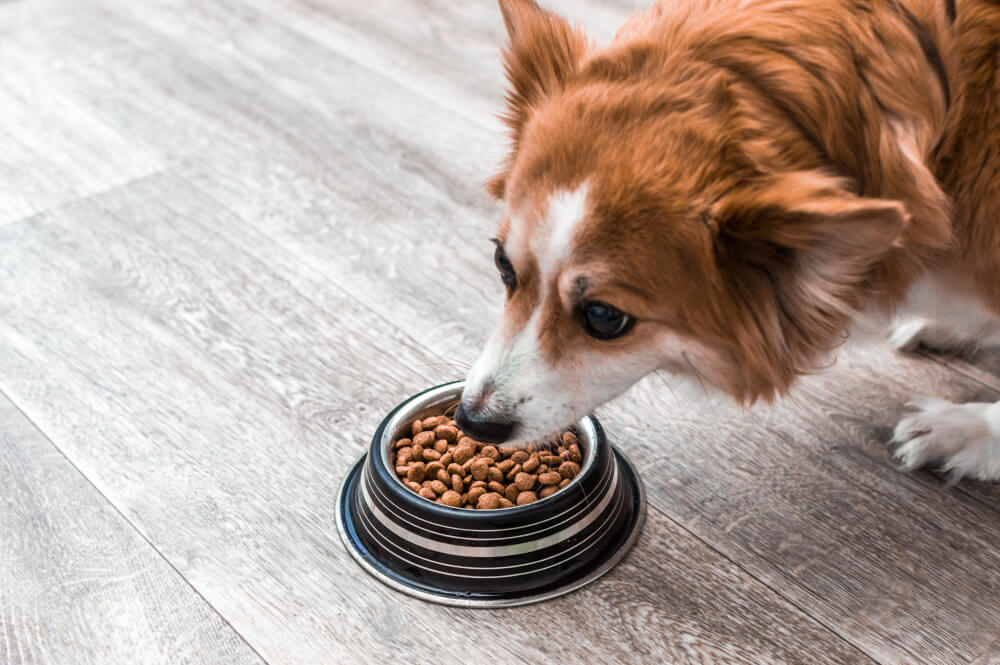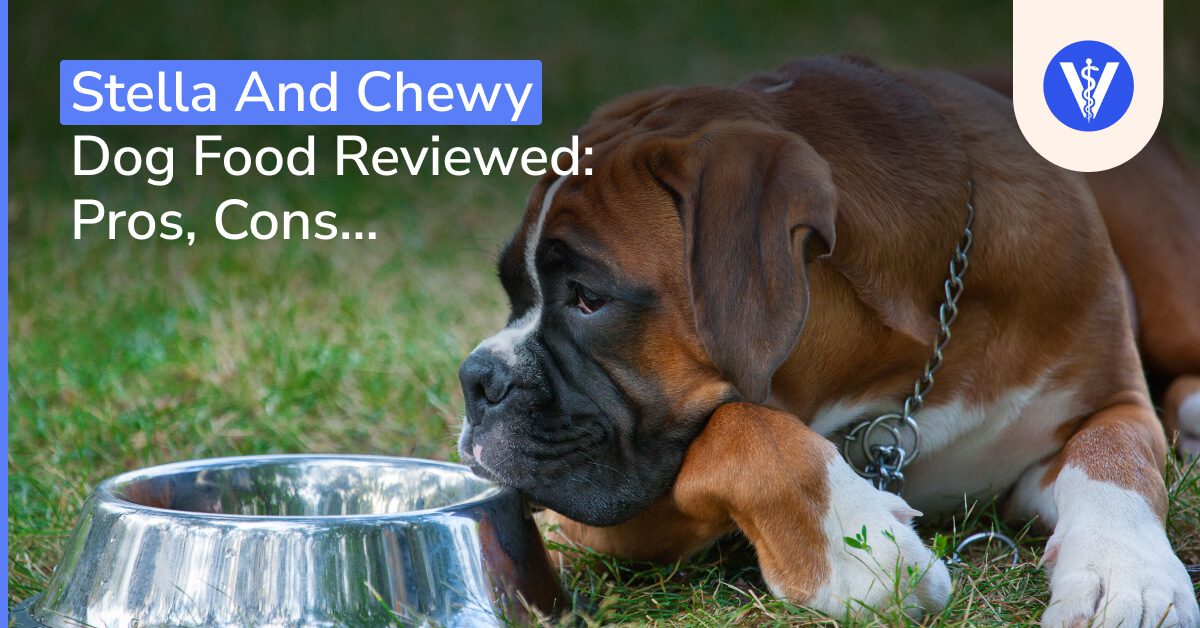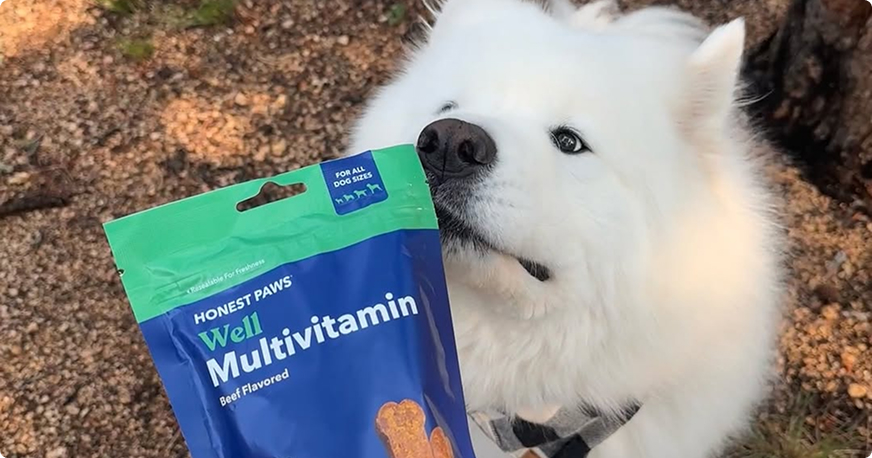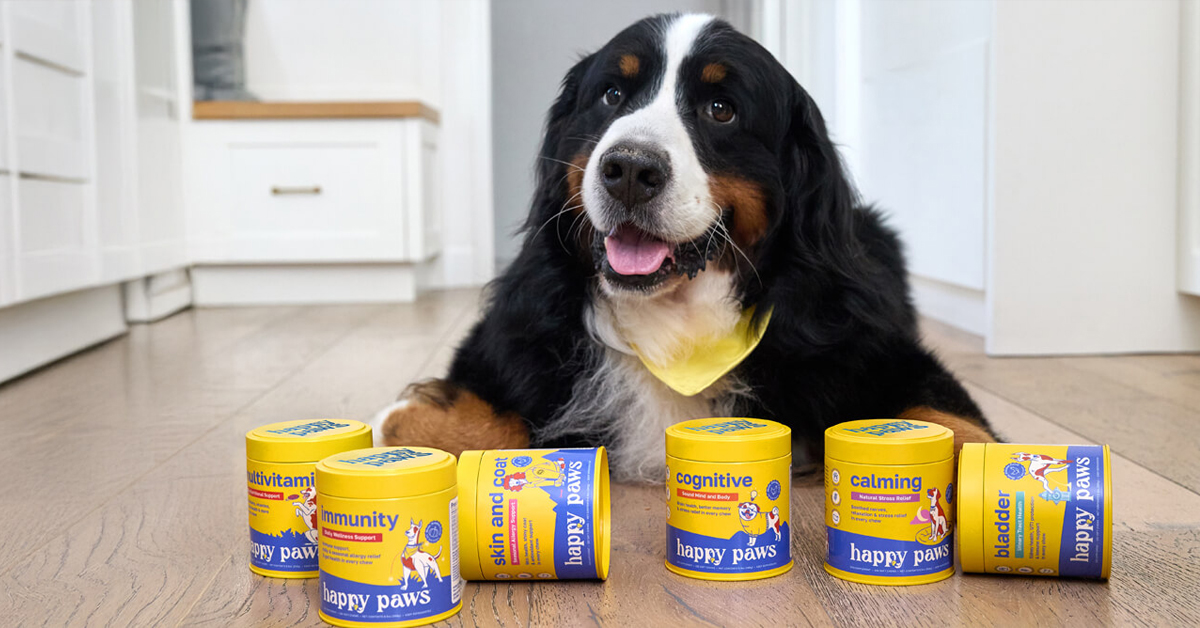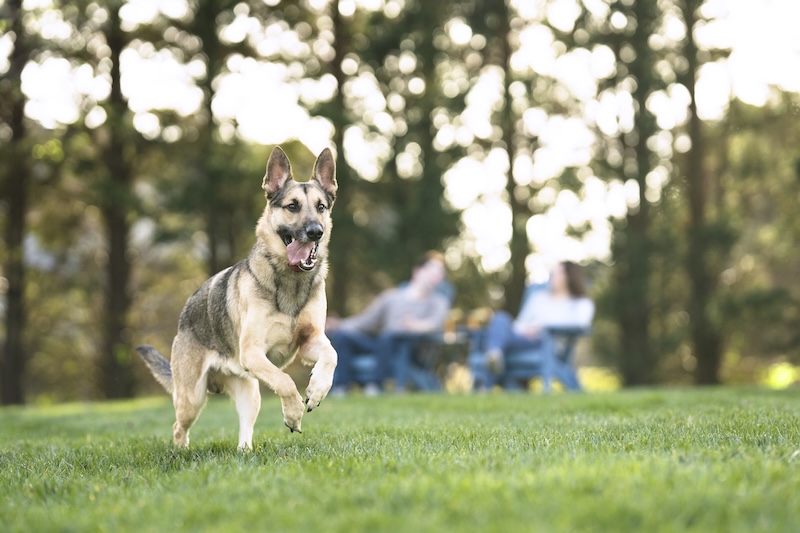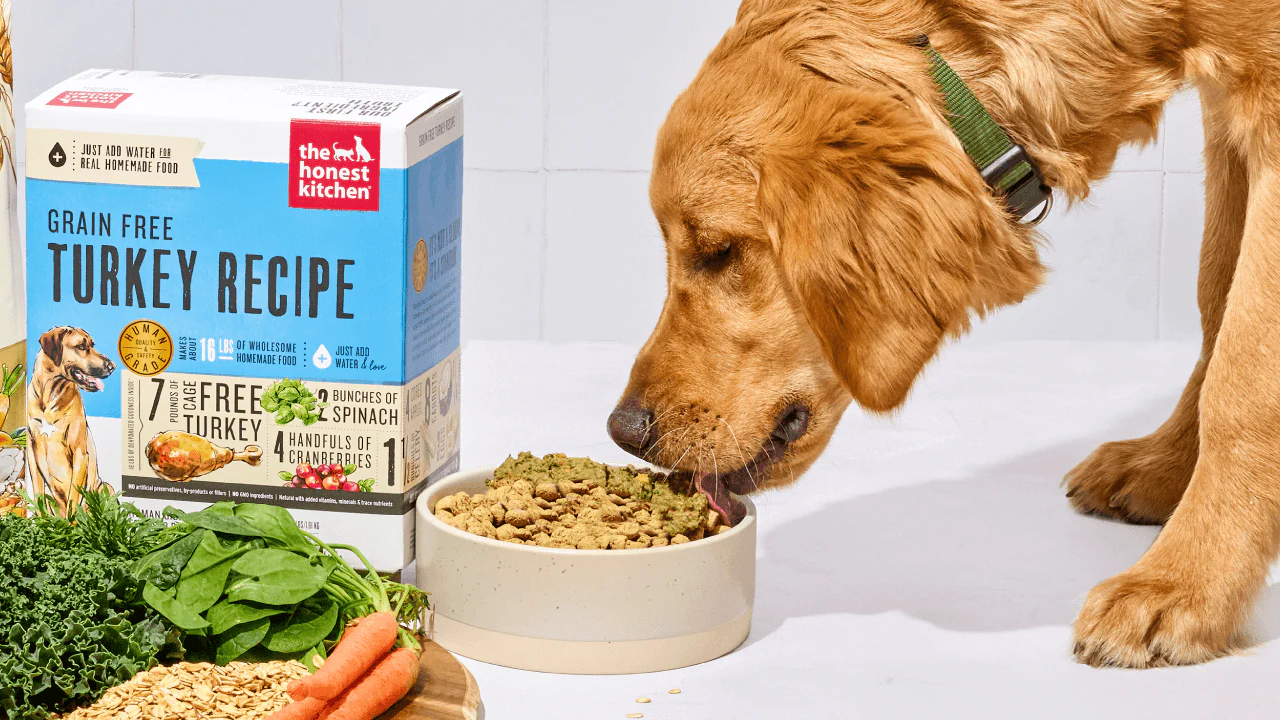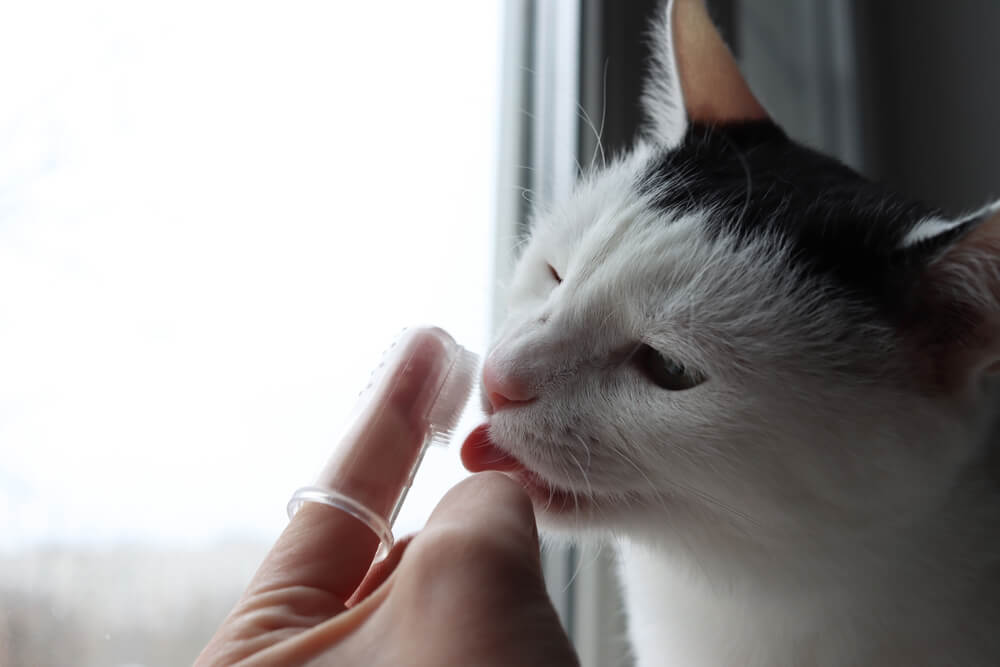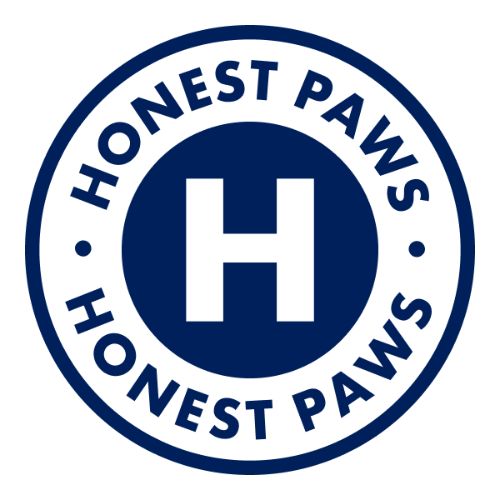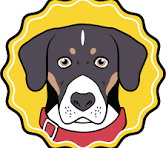Can Dogs Eat Cheese? Is Cheese Bad for Dogs?


Can Dogs Eat Cheese? Is Cheese Bad for Dogs?
Table of Contents
Ever wonder—can dogs eat cheese? Let’s imagine your dog has a poor recall. He finds everything more interesting than coming back to you. Until that is, you discover the magical power of cheese to get his attention. Now all you do is shout “Come”, accompanied by a brisk rattle of a pot containing small cubes of cheese. It acts like a charm.
But other dog owners warned you cheese can cause upset stomachs, so you’re left wondering: Can dogs eat cheese?
Can Dogs Eat Cheese?
Are these human foods safe for your four-legged friend? You’ve probably been wondering if that yummy feta cheese is good for dogs to eat.
Happily, most dogs are able to eat cheese with impunity.
However, a few dogs are lactose intolerant and eating even small amounts of cheese, milk, or dairy products leads to dog diarrhea. If you are uncertain about if your dog has a lactose intolerance, then only give tiny nibbles until you’ve tested his tummy to see if it’s safe.
However, be aware that not all cheeses are the same. Some types, such as cottage cheese are lighter and easier to digest than richer varieties such as cream cheese. So again, test the waters before indulging your fur friend when wondering ‘Can dogs eat cheese?’
Is Cheese Safe for Dogs?
Can dogs eat cheese and is it safe?
Yes, for the majority of dogs and the majority of cheeses, it is safe.
Just remember that a dog that is lactose intolerant can’t eat cheese, milk, or dairy products and will get diarrhea. This isn’t so much that this human food is toxic, more the dog doesn’t have the digestive juices necessary to process it.
Is Cheese Healthy or Toxic? Breaking Down the Nutrients
To a certain extent, cheese has a bad reputation because it’s considered high fat. However, for an active dog eating small amounts of cheese shouldn’t be a problem. However, avoid cheese (with the possible exception of low-fat cottage cheese) if your dog has pancreatitis since fat can trigger this painful condition.
Even if your dog is lactose intolerant, lactose isn’t a toxin or toxic to dogs. The dog’s upset stomach results from natural fermentation inside the gut, rather than poisoning. Again, different cheeses have a different lactose content, so maybe check out any lactose issues with a low-lactose cheese such as Swiss Emmental or Edam.
Dogs Need Their Daily Minerals and Vitamins too!
The good news for your milk, lactose, or cheese loving dog is that it contains:
- high-quality protein
- calcium from the milk it contains
- essential fatty acids (vital for resilient skin and shiny fur)
- vitamin B12 (important for a good appetite)
- vitamin A
- phosphorus
- zinc
This all together makes for a strong immune system and a healthier dog.
What Vegetables/Fruits can Dogs Eat?
Other food that humans eat which is good for dogs include:
Feeding Your Dog Cheese: Possible Side Effects!
Can dogs eat cheese and if not, what’s the worst that can happen?
If milk gives your dog diarrhea, then you’re already aware of the most common side effect of cheese if the dog is lactose intolerant. This is down to that word ‘lactose’ again because if the food contains a small amount this has the potential to upset the stomach of intolerant dogs.
Can dogs eat cheese?
No, not if your dog suffers from pancreatitis. The fat content of this human food can put the pancreas under strain to produce extra fat-digesting enzymes, and precipitate an episode of pancreatitis in dogs.
Last but not least there’s that doggy waistline to consider. It’s best to keep the quantities limited so that you don’t overload the dog with calories and have his waistline expand.
Eat All The Things: Food Dog Can Eat
We know most dogs can eat cheese, except for those sensitive to milk or dairy products. This is down to the lactose content. If in doubt test out the dog’s constitution with lower lactose cheese such as the:
- swiss cheeses
- cottage cheese
- parmesan
Make Cheese for Dogs: The Ultimate Cheese Recipe Your Pet Will Love
Cheese is one of those take-it-or-leave-it things where dogs are concerned. They will snatch your hand off or turn up their nose. For those that love cheese, it doesn’t require dressing up. Simple cubes kept fresh in an airtight pot is all it takes to whet the appetite of the four-legged cheese hound in your life.
Dog Not Eating Cheese or Dog Won’t Eat Your Meal? 5 Tips to Help Them Out
- Pretend to eat the cheese yourself. This will make a cautious dog curious and help them to pluck up the courage to give it a go.
- Avoid strong tasting cheese, as this can be too much for the palate of some dogs. Instead go for something milder, like a cheddar, red Leicester, or Lancashire cheese
- Few dogs can resist a tempting tasty morsel when it’s hand fed.
- Grate a little cheese onto the dog’s food, so that he gets a taste and gets used to it.
- Warm the cheese slightly so it gives off more odor to attract the dog.
Comparing Apples and Oranges: What Can Cats Eat as Well as Dogs?
Lactose intolerance is far more common in cats than in dogs. Therefore, whilst many cats love the taste of cheese, milk, and dairy products, feeding them is a bad idea. However, if your cat laps milk without having stomach upsets then the chances are she’ll be fine eating cheese.
Just Food for Dogs: 3 Foods Your Dog Can Eat But Not Your Cat
- Vegetarian diet: Cheese plays an important part in a vegetarian diet, but doesn’t contain sufficient nutrients to keep a cat healthy. Therefore, never feed a cat a vegetarian diet.
- Plant proteins: Again, plant proteins lack essential amino acids and are high in fiber. Whilst cats can eat small amounts, giving a large quantity of plant protein (such as soy) will fill the cat’s stomach without providing adequate nutrition.
- Sweetcorn: The high fiber content will almost certainly give a cat diarrhea.
What do Dogs Eat? 5 Ways to Feed Your Dog Cheese
Can dogs eat cheese?
Oh, yeah!
Raw
- Give small cubes of cheese a training treats
- Add grated cheese to dog food to increase the calcium and protein levels
- Smear cheese inside a puzzle feeder to give the dog hours of amusement licking it out
Cooked
Add cheese to your favorite home-baked dog biscuit recipe
- For a dog with sore teeth, make a cheese sauce, let it cool, and pour on top of kibble to soften it.
So, Is Cheese Good for Dogs? Can Dogs have Cheese?
Provided your dog isn’t lactose intolerant, yes, dogs can eat cheese. The good news is that it’s also a good source of protein, calcium, and vitamins A and B12. However, like most things, it’s best fed in moderation. Too much and you risk your fur friend gaining weight.
And if your dog has poor recall, why not try cubes of cheese as a secret weapon to get him to come back!
